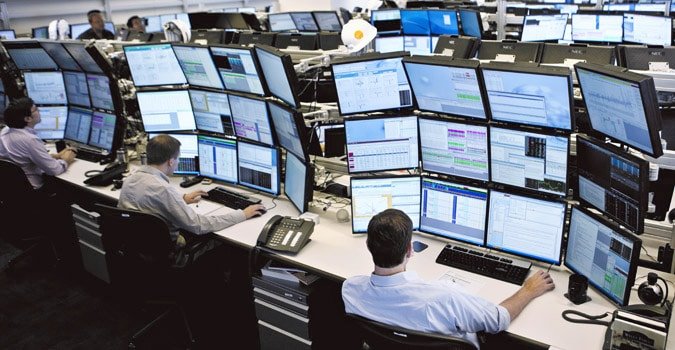Understanding the Basics of Prop Trading: A Guide

Commonly referred to as prop trading, proprietary trading has become very popular in the financial markets. Under this trading approach, companies may trade financial products with their capital instead of customer money. Anyone interested in the exciting discipline of prop trading must first grasp the fundamentals of this activity. To provide a whole picture, this book will address five fundamental ideas of prop trading.
What does Proprietary Trading mean?
Prop trading is the financial activity of companies trading their capital to profit. Unlike conventional brokerage companies that get fees from customers, prop firms concentrate on generating a profit from their trading operations. Traders working for these companies utilize the company’s funds to make transactions in commodities, Forex, and equities, among other markets.
Reaching good returns on investment is the main objective. Prop trading companies usually have set policies and risk control systems that traders have to abide by. This arrangement lets companies make use of their resources and knowledge and gives traders the chance to profit-sharing basis.
See also: Compliance Services to Ensure Legal and Regulatory Compliance
Advantages of Working for a Prop Trading Firm
For those hoping to trade, joining a prop trading company has various benefits. The most important advantage is finance availability. Many traders battle to have enough money to trade successfully. Prop companies supply the required funds, which lets traders take bigger stakes without running personal risk. Many companies also provide thorough training and mentoring programs to assist traders grow in their abilities and approaches. For people wishing to further their trading professions, the cooperative atmosphere within prop companies promotes learning and development, which appeals.
Moreover, traders gain from resources and sophisticated trading technologies that could raise their performance. Prop companies often provide performance-based rewards, which let traders get a part of the gains they create—a very motivating factor. This arrangement gives traders significant profit possibilities even as it lowers financial risk. Furthermore, the disciplined surroundings of prop companies promote responsibility and discipline—qualities essential for trading long-term success.
Prop trading risk management
Prop trading depends critically on good risk management. Usually, prop companies have set risk control strategies to safeguard the company and its traders. These rules could include trade execution techniques, maximum drawdown restrictions, and position size standards. These rules are required of traders to help them to reduce possible losses. Long-term prop trading success depends on one knowing and using risk management techniques. Effective risk management helps traders to safeguard their cash and guide their actions. This emphasis on risk control helps not just individual traders but also helps the company to be generally stable and profitable.
To guarantee low losses even in erratic market situations, prop businesses also often use automated risk controls and stop-loss orders. Traders may lessen the effect of negative market swings by varying their trading plans and keeping a disciplined attitude. To properly foresee possible hazards, risk management also entails routinely analyzing performance indicators, changing plans as necessary, and keeping current on industry trends.
Paying Structures
In prop trading companies, compensation systems might vary greatly. Most companies run on a performance-based strategy wherein traders get a share of the profits they create. This system drives traders to work at their best as it helps them to match the interests of the company and themselves. Certain companies might also provide basic pay in addition to profit-sharing, therefore shielding traders from loss. Prospective traders must have a good awareness of the compensation model as it affects their earning possibility and general work happiness.
A good pay system may attract gifted traders and help the company to develop greatness. Some prop companies may also provide traders access to performance incentives depending on reaching particular goals, therefore encouraging great performance. Effort and reward have a direct relationship; the more profitable a trader is in producing, the bigger their earnings might be. Clear, open pay systems serve to guarantee that traders grasp the financial possibilities and what is needed to reach them, therefore encouraging a motivated and driven staff.
The Application Process
Prop trading company application processes may be demanding and competitive. Most companies need individuals to send an application, which could comprise a trading résumé and a proving of trading abilities. Certain companies interview candidates to evaluate their backgrounds and skills.
Many companies also have assessment times wherein traders have to show their skills using a real or demo account. Performance indicators like risk control and profitability are constantly watched during this period. Knowing the application procedure will enable future traders to prepare better and raise their chances of getting hired into a prop trading company.
Conclusion
Anyone hoping to work in prop trading must first grasp the fundamentals of this discipline. Aspiring traders may make wise judgments by understanding the basic ideas—what prop trading is, the advantages of joining a company, the need for risk management, compensation systems, and the application procedure. Prop trading companies provide special chances for traders to obtain funds, get instruction, and work in a team. For individuals hoping to excel in the financial markets, prop trading is a good choice as the trading environment changes.




